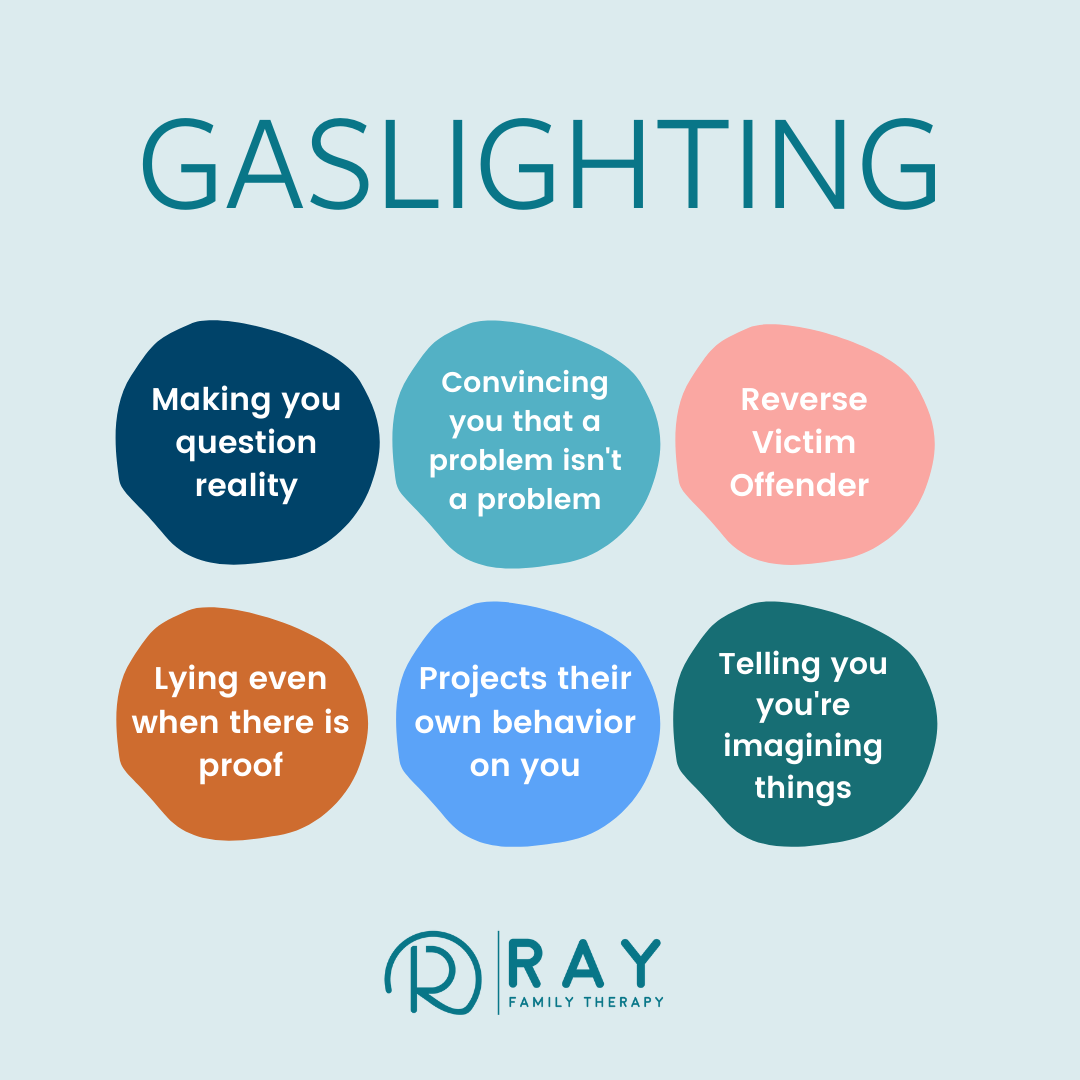
Resources
Have you been betrayed by your partner? Here's what to do after D-Day.
How to rebuild trust and empathy after infidelity.
Tips for building empathy after infidelity 💔
How to rebuild trust and empathy after infidelity.
The link between trauma and degenerative disease
Did you know that there is a link between childhood trauma, complex trauma, and even adult-onset traumatic experiences and poor health?
We know that many factors play into causing disease, both genetic and environmental. Adults who experienced childhood abuse or neglect have trouble concentrating, spend much of their day feeling on edge, anxious, vigilant, and worried, all while having devastatingly low self-esteem. They experience tumultuous relationships and engage in hyper-sexual behaviors or complete sexual shut-down. Furthermore, they might engage in self-destructive behaviors and have medical problems.
Setting Boundaries after Betrayal Trauma
Setting boundaries after betrayal trauma is difficult but so important. Here are a few tips for setting boundaries:
➡️ Boundaries don’t need to be complicated. Think of them as a temporary fence that keeps the good in and the bad out.
➡️Boundaries do not have to be forever or absolute. Think of this as a temporary compromise. For example, you might set a boundary that your partner attend therapy weekly. However, this boundary might change as the recovery process progresses. Instead of weekly therapy, you might attend couples therapy, a couples group, and other events together. The recovery process changes over time, and our boundaries might shift and change too.



















